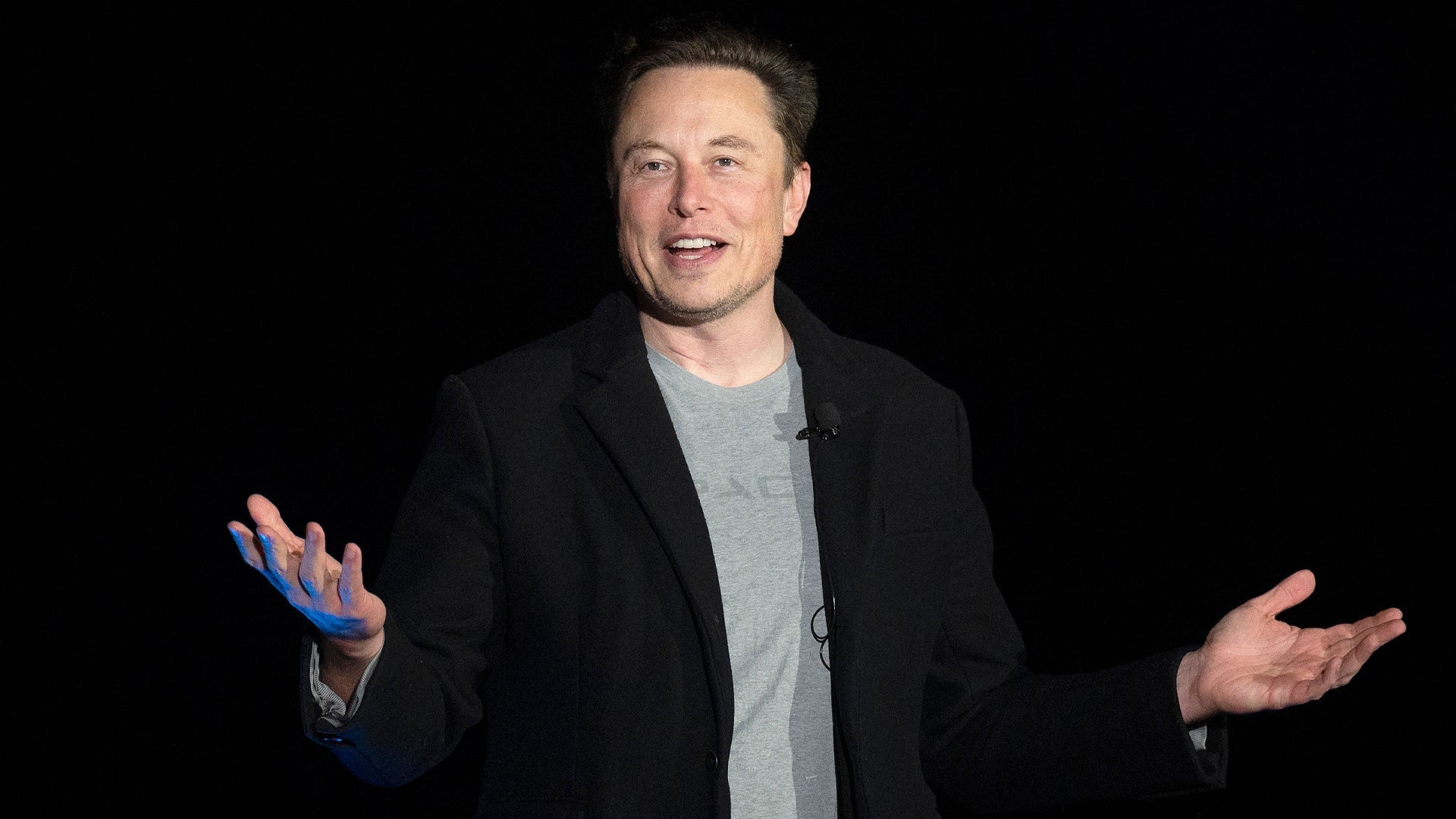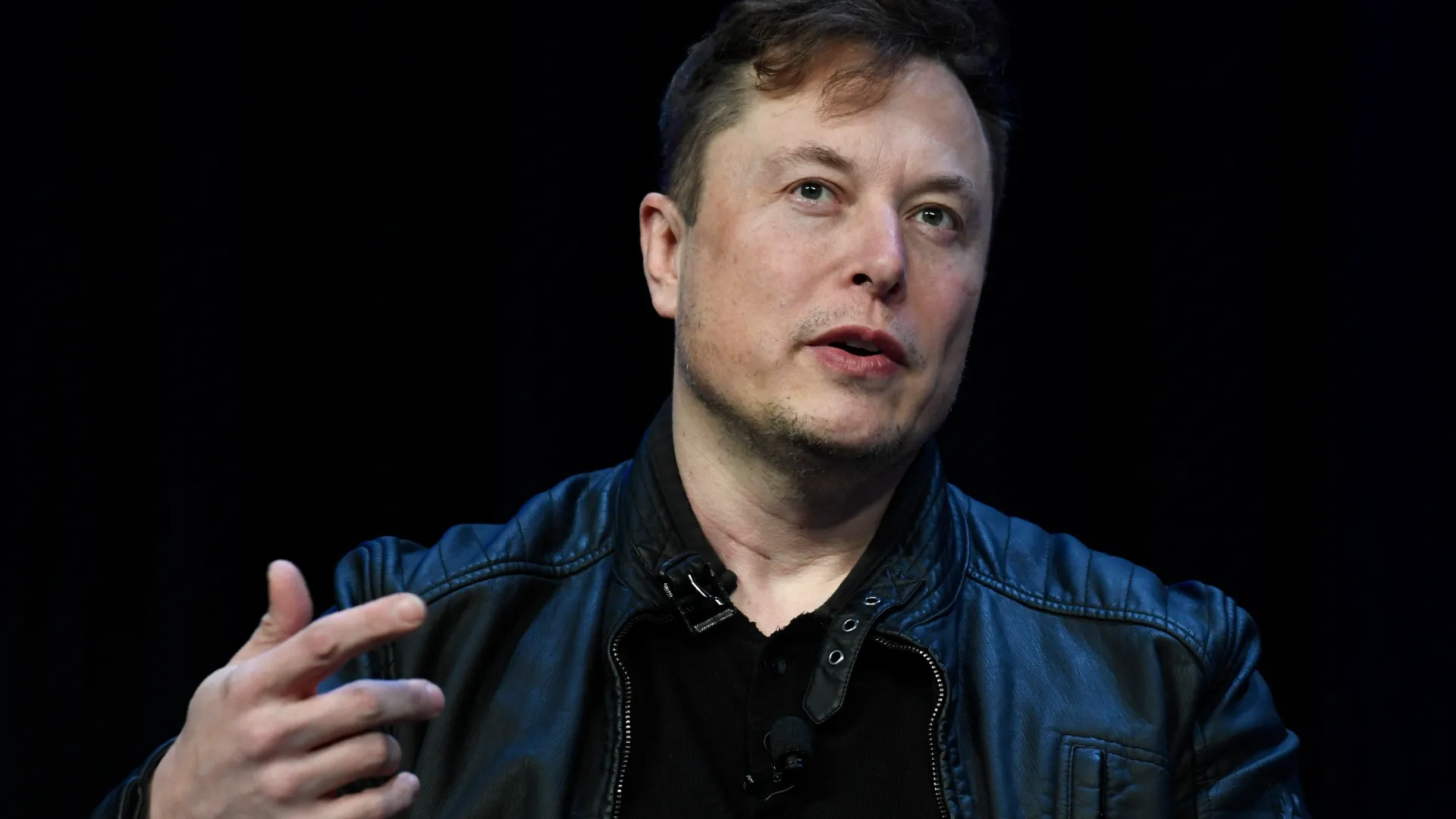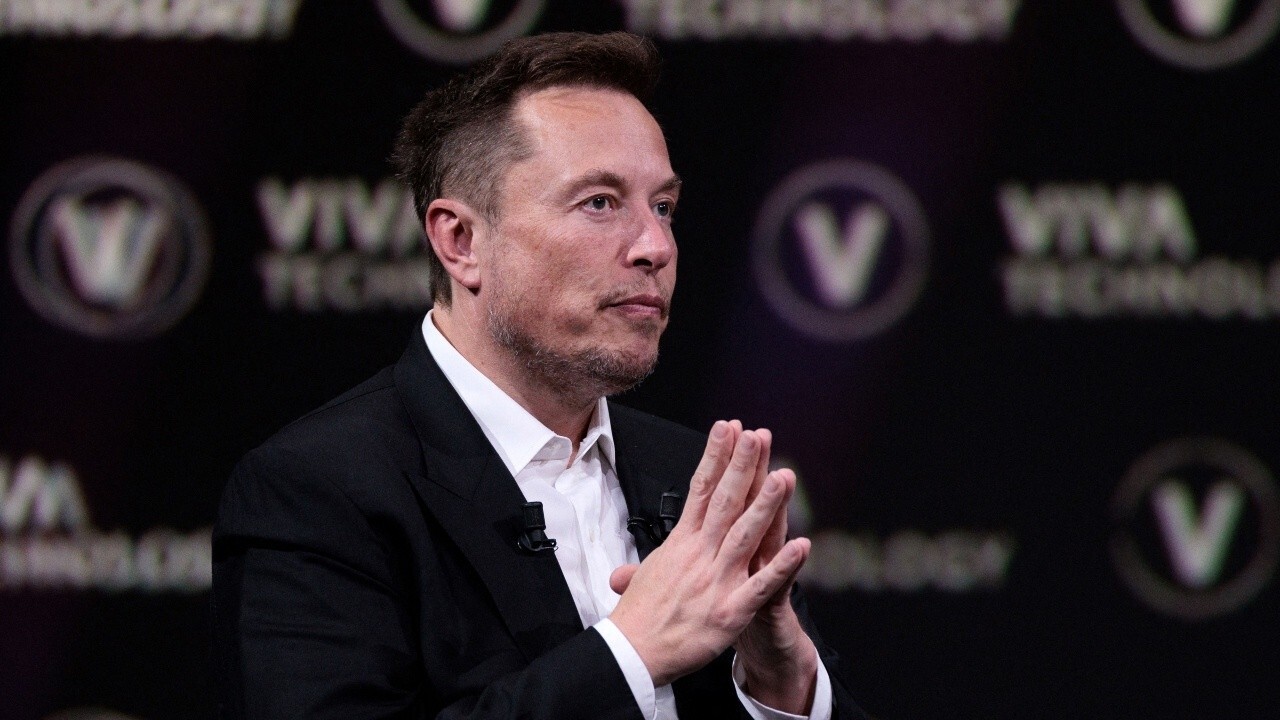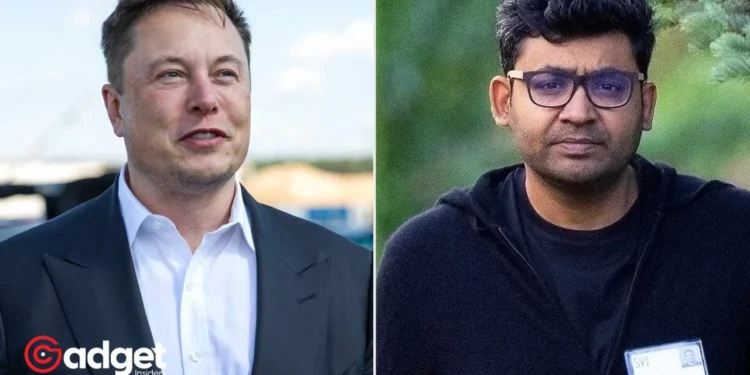In a high-stakes drama reminiscent of the most enthralling corporate thrillers, the tech world is abuzz with the latest legal showdown. Elon Musk, the mercurial billionaire behind companies like SpaceX and Tesla, and now the figurehead of X (formerly known as Twitter), is facing a formidable lawsuit. At the heart of this controversy is a group of Twitter’s former executives, including the erstwhile CEO, Parag Agrawal. These top brass members have launched a legal battle against Musk, seeking a staggering $128 million in unpaid severance benefits.
This legal strife sheds light on the tumultuous aftermath of Elon Musk’s acquisition of the social media giant in 2022, illuminating a darker side of the corporate takeover.
The Allegations: Unpaid Severance and Fabricated Terminations
The narrative unfolds with claims that Elon Musk harbored a distinct animosity towards the executives following his purchase. Reportedly, Elon Musk made it clear that he intended to withhold their severance, aiming to recoup around $200 million from the colossal $44 billion transaction.
The plaintiffs, including Agrawal, who is eyeing a $57.4 million severance, alongside others like Ned Segal, Vijaya Gadde, and Sean Edgett, have laid bare their grievances in court. They allege that Elon Musk concocted reasons for their dismissal to dodge the severance payments, a move that has sparked widespread criticism and further scrutiny of Musk’s management ethos.

Under Elon Musk’s stewardship, X has been mired in various allegations ranging from labor violations to neglecting severance payments for the thousands laid off post-acquisition. The company is also wrestling with lawsuits over unsettled debts, challenging its financial stability.
The former executives’ legal representatives have painted a picture of Elon Musk as a leader dismissive of his legal and financial obligations, using his influence and wealth to sidestep rules and intimidate opponents.
Elon Musk’s Controversial Maneuvers and the Failed Promise
The crux of the lawsuit revolves around Elon Musk’s alleged strategy to fire the executives “for cause” right before their final stock options vested, a revelation highlighted by Musk biographer Walter Isaacson. This tactic reportedly saved Musk a hefty sum, underscoring a pattern where Elon Musk skirts financial commitments and flouts regulations to maintain his dominance.
Elon Musk Faces Age-Discrimination Lawsuit After Acquiring Twitter
Elon Musk, the billionaire entrepreneur and CEO of SpaceX, Tesla, Neuralink, and X, is facing a legal challenge from a former Twitter employee who claims he was fired because of his age.https://t.co/xkdTmWNiW6 pic.twitter.com/qeIX9wVa1B
— Parallel Facts (@ParallelFacts) August 30, 2023
The tale took a dramatic turn when Elon Musk terminated the employment of Agrawal, along with Segal, Gadde, and Edgett, shortly after taking over. This move was not entirely unexpected, given the executives’ pivotal roles in forcing Elon Musk to complete his acquisition amidst a legal tussle.
Each executive was poised for a significant payout as per the acquisition deal, with Agrawal alone slated for around $50 million in severance.

A Battle That Resonates Beyond the Courtroom
This legal dispute between Elon Musk and the former Twitter executives is not just a battle over unpaid severance; it’s a saga that speaks volumes about the complexities and challenges of corporate acquisitions.
It highlights the often tumultuous relationship between new ownership and existing leadership, underscoring the intricacies of legal and financial obligations that can emerge from such transitions.
As this case unfolds, it will undoubtedly continue to captivate and educate observers on the delicate balance of power, responsibility, and the quest for justice in the corporate world.

In this unfolding narrative, the tech and business communities are keenly watching as Elon Musk, a figure synonymous with innovation and controversy, navigates this latest challenge. The outcome of this legal battle may set precedents for how acquisitions and executive terminations are handled, leaving an indelible mark on corporate governance and leadership ethics.










